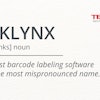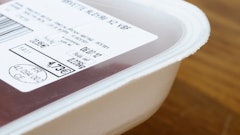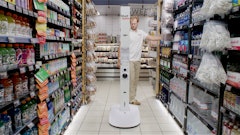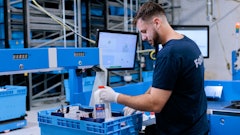A recent study in the journal Food Chemistry points out how Spanish researchers have created an electronic "tongue" capable of distinguishing between beer varieties and their alcohol content, and the artificial organ was accurate nearly 82 percent of the time, in what its creators claim could be the first step towards developing robots with a sense of taste.
The taster is made up from using 21 electrodes, each responsive to different chemical compounds such as ammonium, sodium, nitrate or chloride, according to researchers from the Autonomous University of Barcelona. It could tell the difference between Schwarzbier, lager, double malt, Pilsen, Alsatian and low-alcohol beer -- all the types it was "trained" to recognize.
"These tools could one day give robots a sense of taste," said a statement on the study. "They could also supplant panels of tasters in the food industry to improve the quality and reliability of products for consumption."
To read more, click HERE.




















